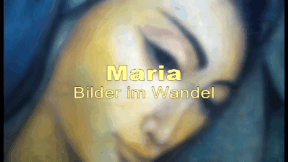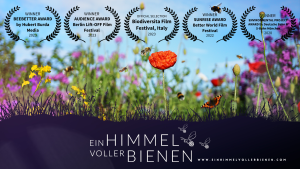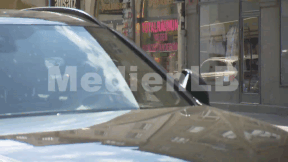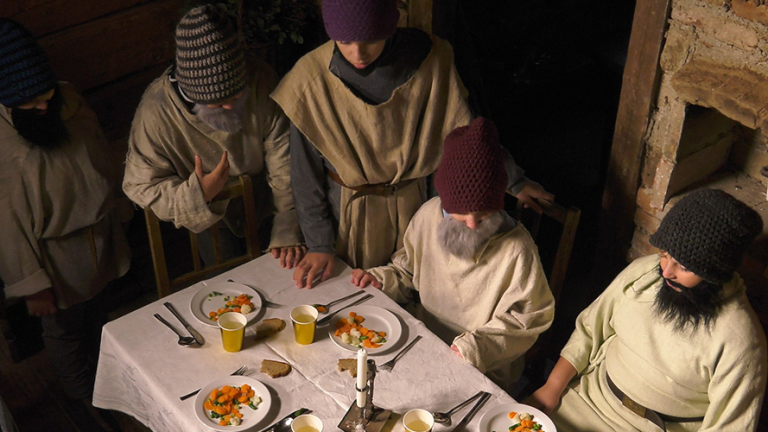Suche:
- # Artistry
- # Biology
- # Chemistry
- # Ecological
- # Economy
- # English
- # Foreign Language
- # Geography
- # German
- # Health
- # History
- # Informatik
- # Latin
- # Mathematics
- # Media Education
- # Music
- # Physics
- # Politics / Civics
- # Preschool
- # Primary School
- # Religion
- # Society
- # Sports
- # Technology
- # Training of Teachers
- # Vocational Education
Basics of BIOLOGY I
Basics of Biology examines general biological issues that help to expand and consolidate basic biological knowledge. The first film of this series deals with the structure of the plant cell. It centres around the structure and function of plant tissue such as the xylem, root cells and stomata as well as the functions of the chloroplasts. In the second chapter the issue of photosynthesis and the elements involved in it are dealt with. With tests and experiments impacts of light and CO2 on photosynthesis are demonstrated and explained. The third part explains human respiration. The rising oxygen consumption of a woman athlete brought on by physical effort on the moving walkway is shown. What happens when the physical stress becomes too strong and the amount of oxygen inhaled is no longer sufficient? The transition from aerobic respiration to anaerobic respiration is vividly illustrated. Together with the extensive accompanying material the didactic DVD is ideally suited for use in the classroom.
Learn moreNew Species in our Environment
More and more animal and plant species successfully spread far away from their original homes. They are organisms that with our assistance – or even alone – are disseminated further and further across the globe: they are called invasive species.
Learn moreCO2-Neutralität erreichen
CO2 ist ein natürlich vorkommendes Gas in der Atmosphäre, das im Rahmen eines Kreislaufs von Lebewesen produziert und in Pflanzen gebunden und wieder in Sauerstoff umgewandelt wird.
Learn moreBrandenburg
The federal state of Brandenburg is located in eastern Germany and encloses the federal capital Berlin in its centre.
Learn moreGlobalisation
A visit to the weekly market. Here they lie peacefully side by side: pears and apples from local regions next to exotic fruits such as kiwi, lychee, papaya and mango. What was an exotic rarity not so long ago is meanwhile offered throughout the whole year. So today there is a wide range of products from all over the world. The reason for this variety of products is what has become widely known under the term of globalisation.
Learn moreSaarland
One of the small States of the Federal Republic of Germany is also represented in this film series. A turbulent history in a border situation between two power blocs, coal and steel, structural change, services and nanotechnology. Join us on a short trip through Saarland!
Learn moreVolcanos
When volcanos are mentioned in the media, this is usually in connection with devastating eruptions, which come with massive damage and a great number of victims. However, volcanos can also be quite useful – either as tourist attractions or as suppliers of valuable resources. This DVD offers an introduction to volcanism. For this purpose, the following subjects are treated in four film clips: “Structure of Volcanos” – there can be considerable structural differences among the firemountains; “Types of Eruption” – depending on the composition of the magma, explosive or effusive eruptions occur; “Moderate Activities” – in between and after larger eruptions a volcano never rests completely; “Mining Products and their Use” – the materials discharged are diverse and often useful. When choosing the examples of volcanic regions (the Eifel and South Italy), the proven didactic principle “from near to far” was observed. In view of the relative proximity of the regions, the film is suitable for the preparation of field trips, which are expressly to be encouraged.
Learn moreTibet
Tibet, the so-called »Roof of the World«, is a vast highland in Central Asia. Hidden behind huge mountain ranges, the highest plateau of earth together with its inhabitants, the Tibetans, is little known to the rest of the world. The »country of the snow lion«, as the historical Tibet is also called, is comprised of the three big provinces Ü-Tsang, Kham and Amdo and several smaller ones encompassing an area of 2.5 million square kilometres. China, however, incorporated all of Amdo and large parts of Kham into the adjacent Chinese provinces. The remaining area was given the name »Tibet Autonomous Region«.
Learn moreBundestag Elections
There is no democracy without regular elections. Elections are the citizen’s most important means of actively shaping the politics of his or her state and are one of the basic requirements of modern democracy apart from freedom of speech, of assembly, of association, and of the press.In Germany there are political elections in cities and communities, in the federal states to the Bundestag and to the European parliament. All of them have democratic election principles.
Learn moreBewerbung
Bereits in den letzten Schuljahren werden die Schülerinnen und Schüler mit den Anforderungen des Berufslebens vertraut gemacht.
Learn moreSchneewittchen
Das Märchen „Schneewittchen“ ist eines der beliebtesten der Gebrüder Grimm. Der Film stellt in bezaubernden Spielszenen dieses Märchen nach.
Learn more



